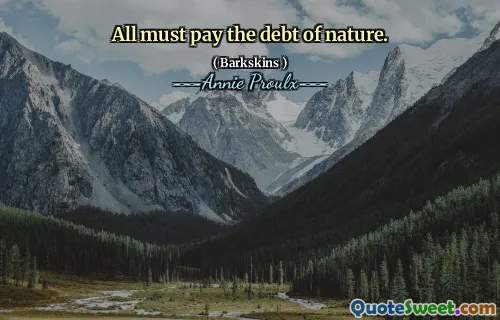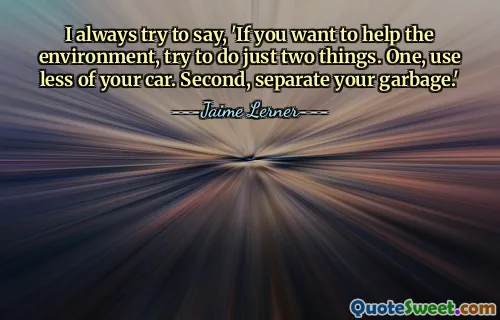Time and again our best and brightest have alerted society to looming problems, but our persistent pattern has been to ignore the warnings and suffer the consequences. The pathetic refrain of recent years --'Nobody saw this coming'--is always a self-serving lie.
In his book "The Ragged Edge of the World," Eugene Linden emphasizes a troubling trend where society consistently overlooks the warnings of experts about imminent issues. Despite the insights provided by knowledgeable individuals, society often chooses to disregard these alerts, only to face negative repercussions later. This pattern highlights a recurring failure to heed foresight and knowledge.
Linden critiques the common excuse of "Nobody saw this coming," arguing that it is a convenient untruth used to absolve responsibility. By ignoring clear signs from those who understand the complexities of our world, we put ourselves at risk, ultimately leading to the very crises that could have been anticipated and, perhaps, prevented.


